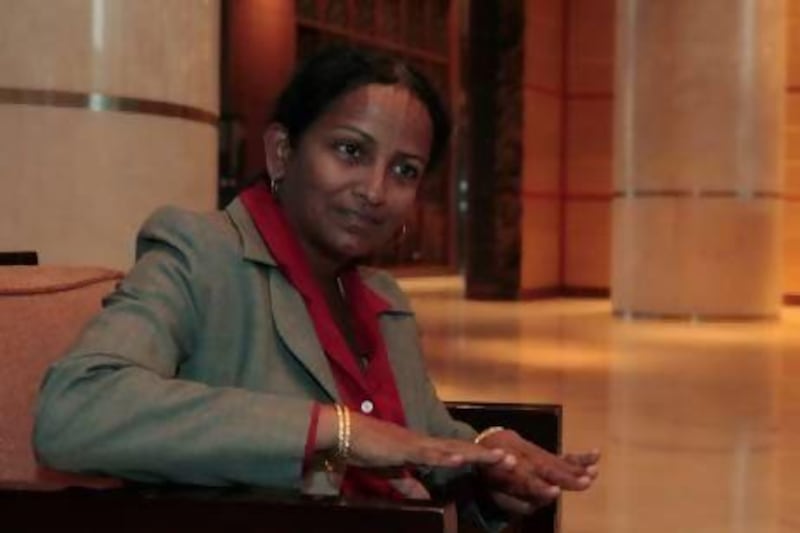DUBAI // Universities around the country are keen to work more closely with government inspectors as they attempt to improve their quality and reputation.
The Ministry of Higher Education’s licensing agency, the Commission for Academic Accreditation (CAA), has strict guidelines and regulations covering areas such as academic staff, courses, licensing and quality control.
But many institutions say they would appreciate the CAA’s help to do more than just meet the requirements.
“I do see a lot of institutions that need help here,” said Dr Antony Stella, a CAA commissioner. “These are the areas where the commission takes an active role, such as programme and faculty development, because these are given a lot of importance in the CAA standards.”
Usually, universities only interact with the agency if they are either on probation or being reviewed for accreditation.
But Dr Stella is convinced there is demand for more regular dialogue. It is trying to hold meetings with each university twice a year. Many – especially the smaller or newer ones – would benefit from even more than that, she says .
“They want to have this debate with us. They like conversations with the CAA on matters other than submitting reports so we want to schedule this.”
The diversity of the UAE’s universities – in age, size and academic function – makes individual attention important.
“A quality assurance agency [such as the CAA] isn’t about making every institution an excellent one, but helping to take it a step forward,” she said. “As long as they’re meeting the minimum requirements, an agency can always help them improve.”
Dr Nabil Ibrahim, chancellor of Abu Dhabi University, said CAA workshops were of great use as the university grew, “to share new concepts and promote a culture of continuous improvement”.
“It is certainly advisable that new institutions work closely with the CAA while establishing their new institutional effectiveness plans and infrastructure,” he said.
The CAA conducts regular workshops on issues such as accreditation, quality assurance and institutional effectiveness.
Prof Hassan Alkim, the president of the American University of Ras Al Khaimah (Aurak), says these are “very useful” but “not enough”.
He would like annual CAA visits, even if the university has to foot the bill.
They should last around two days, and include regular checks of academics’ activity and department inspections, he said.
Aurak, which was established in 2009 after the failure of the short-lived George Mason University, a US branch campus, has since struggled to recruit students and suffered a high turnover of academics and managers.
After taking the helm 14 months ago, Prof Alkim is now striving to get more courses accredited, and wants as much CAA help as possible.
Once the current round of approvals is complete, he hopes the regular interaction will continue.
“I would recommend the CAA does an annual inspection and assessment, to make sure things are going according to the standards,” he said.






